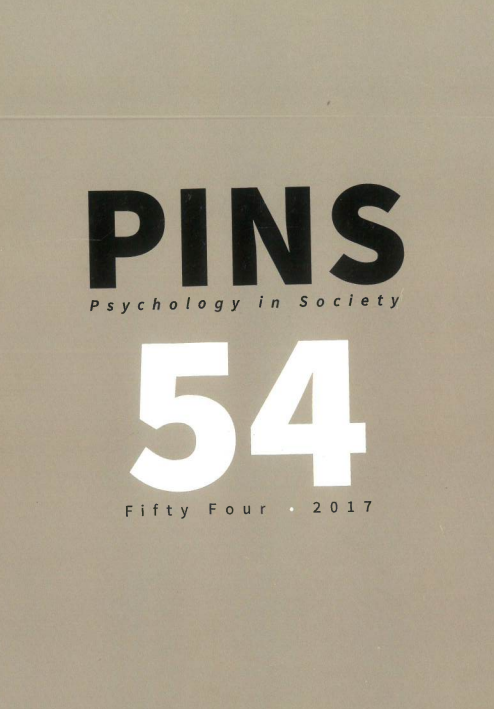The third mental health revolution: Themes, values and methods of Community Psychology and its relevance in Zimbabwean and African cultural contexts
DOI:
https://doi.org/10.17159/2309-8708/2017/n54a5Keywords:
community psychology, values, African cultural contextsAbstract
Psychology like other progressive scientific disciplines endures constant transformation, with one scientific revolution replacing or superseding another. The nascent field of community psychology represents a paradigm shift, and indeed a mental health revolution in psychology. The paper seeks to illuminate the themes, values, and methods of community psychology. Effort will be made to underscore how the discipline does not attempt to hide behind a “scientific” value free cloak but rather highlight the critical role values play in shaping and informing praxis in psychology and community psychology in particular. The paper also seeks to emphasise that the discipline is relevant in African cultural contexts given the synchronicity between its core values and African cultural values. Finally, an endeavour will be made to examine community psychology in the Zimbabwean context.
Downloads
Downloads
Published
How to Cite
Issue
Section
License
This journal is an open access journal, and the authors' and journal should be properly acknowledged, when works are cited.
Authors may use the publishers version for teaching purposes, in books, theses, dissertations, conferences and conference papers.
A copy of the authors’ publishers version may also be hosted on the following websites:
- Non-commercial personal homepage or blog.
- Institutional webpage.
- Authors Institutional Repository.
The following notice should accompany such a posting on the website: “This is an electronic version of an article published in PINS, Volume XXX, number XXX, pages XXX–XXX”, DOI. Authors should also supply a hyperlink to the original paper or indicate where the original paper (http://www.journals.ac.za/index.php/pins) may be found.
Authors publishers version, affiliated with the Stellenbosch University will be automatically deposited in the University’s’ Institutional Repository SUNScholar.
Articles as a whole, may not be re-published with another journal.
The copyright of the article(s) lies with the author(s).
The copyright of the journal lies with PINS-psychology in Society.
The following license applies:
Attribution CC BY-NC-ND 4.0 - https://creativecommons.org/licenses/by-nc-nd/4.0/

